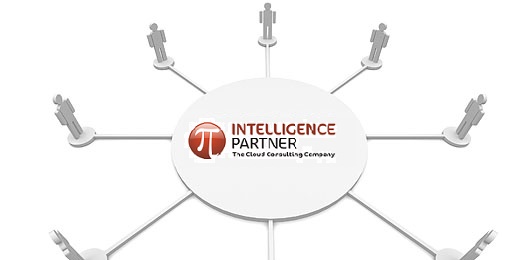Key factors when tackling a CRM project
 We constantly encounter companies that tell us of traumatic experiences of implementing CRM projects.
We constantly encounter companies that tell us of traumatic experiences of implementing CRM projects.
Based on our extensive experience on numerous projects with the leading manufacturers in the CRM industry, we have reached the conclusion that the five main reasons why CRM projects fail are as follows:
- Attempts are made to implement a CRM software technology platform before designing a conceptual strategy capable of generating results based on that technology
- The users (sales, marketing, services, etc.) are not properly involved
- Excessive ambition instead of resolving the (few) problems with the greatest impact on sales processes
- No definition of the benefits for the three levels involved:
- Customer
- Company
- Employees
- The project is not focused in such a way that the user – who has to make the most use of the sales management application – perceives a benefit from using it
When we think that installing a CRM software platform at our company will resolve administration- and customer relations management-related problems, we are wrong. Albeit highly important, the technical or technological component must be seen as what it is – just one more component alongside all those others that comprise a successful CRM project.
The following factors have the greatest impact on any customer management strategy and can make it either a success or a failure: people, processes, technology, strategy and – of fundamental importance – the culture in place within the organisation.
The People
For any CRM Customer Management Strategy to be a success, the company implementing the project must have the right staff, preferably in the areas of marketing, sales and customer service. It needs to be able to create a leading team to manage each stage of the project and ensure its success.
It is a mistake to think that the consultant or project manager is responsible for a project’s success, as they are merely a facilitator of the processes that the leading team must undertake for the proper implementation of the strategy.
The people who make up the organisation are at the centre of any Customer Management Strategy.
The Processes
Before taking a decision about which CRM software technology tool should be acquired by the company for implementing a successful Customer Management Strategy, a review must be conducted of all current processes at the organisation and priority given to those related to customers.
Something of fundamental importance must be considered at this point: process priority.
A Customer Management Strategy is a path to be followed every day the company is operating and, as such, is a living and changing process.
We should identify the critical flows and tackle those first.
One of the reasons why project implementation sometimes fails is because excessively ambitious targets are set, losing focus on the improvements that will truly have an impact on the organisation.
The Technology
While technology is key when implementing a CRM-based Customer Management Strategy, it is not the main component. The idea that the technical implementation of the CRM software is everything must be debunked. Obviously, it is indeed necessary to define the CRM software solution that best suits the platform and needs of the company while the project is being carried out. However, if we were to assign a level of importance to the CRM software as a part of the Customer Management Strategy, this would not account for any more than 50% of the impact when committing ourselves to the success of the project.
The Strategy
Customer Management Strategies are aimed at integrating the Corporate Strategic Plan with the marketing, sales and customer service plans in order to give the company a single strategic direction. Once we have a clear strategy, we will have a very clear idea about what the software will be used for.
A Culture focused on the Benefits
Why do we consider the most important component of any Customer Management Strategy to be the corporate culture?
Imagine a months-long effort to implement a CRM project that is solely technical in nature, in which the future users of the software have not been made aware and none of the staff have been informed about the importance of this project. Such a project would simply fail.
While the adoption of a customer-focused service culture will take years, implementation of the Customer Management Strategy should include an awareness-raising and socialisation process towards the organisational change.
And why focused on the benefits?
Simply because we must think that the effort we make to adopt a policy on relations with our customers should benefit all: not only the customers and the company but also our project teams, marketers, sales representatives, directors, service staff and, in short, every role involved in the successful adoption of the strategy.


